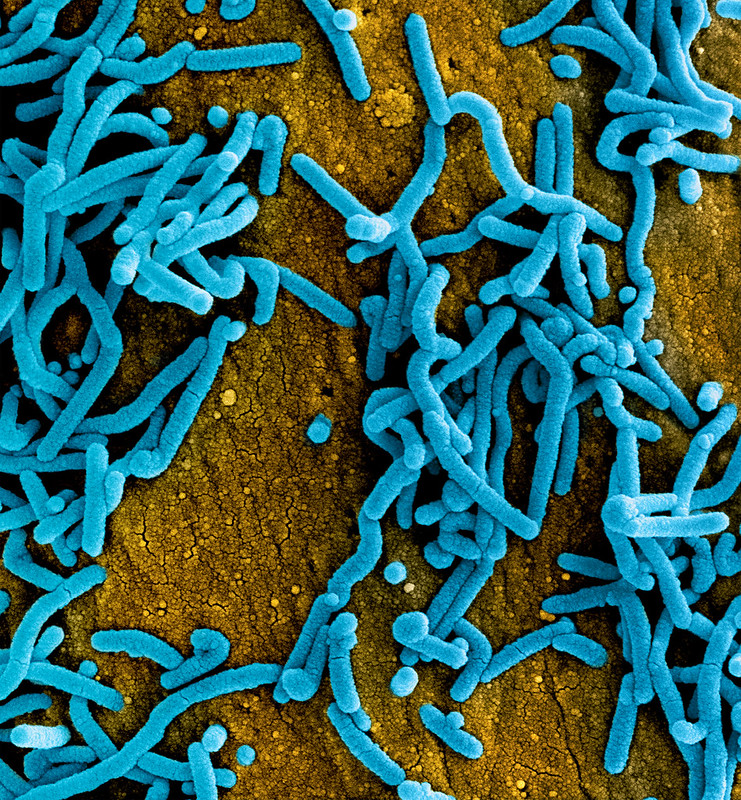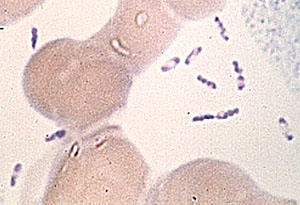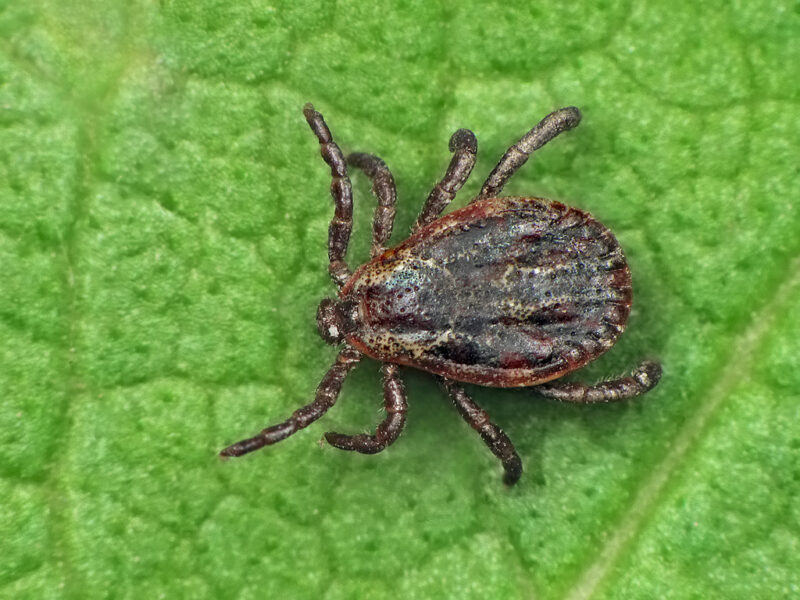Photo courtesy of NIAID
Ghana has recently declared its first outbreak of Marburg virus, a highly infectious, zoonotic disease from the same family as the Ebola virus. The first two cases were identified in the Southern Ashanti region in late June (1). Both patients died within days of being hospitalized for similar symptoms, including diarrhea, fever, nausea, and vomiting. The first patient was a 26-year-old man who was hospitalized on June 26th and died the next day; the second case was a 51-year-old man hospitalized on June 28th who died within hours (3). The outbreak was confirmed after the patients’ blood samples were sent to the Noguchi Memorial Institute for Medical Research in Ghana’s capital, Accra, for testing. The positive samples have since been verified by a laboratory in Senegal (1). Since the cases were identified, 98 suspected contacts have been placed in quarantine. Among them are relatives, medics and mortuary workers in the surrounding areas of Ashanti and the northwestern Savannah region (1).
These two positive cases account for the second appearance of the virus in West Africa — there was one confirmed case in Guinea last year. Previous cases have been identified in the Democratic Republic of Congo, Kenya, South Africa, Uganda, and Zimbabwe (1). The first ever outbreak was detected in Germany in 1967, which included 29 confirmed cases and seven deaths. The deadliest outbreak in history occurred in Angola, where the virus killed more than 300 people in 2005 (2). Previous outbreaks have been traced to African green monkeys imported from Uganda, but the virus has since been linked to other animals, including Egyptian rousette fruit bats, monkeys and pigs (2). The virus is mostly spread by people who have spent long periods of time in caves and mines populated by bats. Among humans, it is transmitted through bodily fluids and contact with contaminated bedding. Infected blood and semen carry the virus for many months after initial infection, making the virus transmissible for a long period of time (2).
The highly infectious disease causes fever, muscle pains, diarrhea, vomiting, and extreme blood loss. According to WHO, “The appearance of patients at this [early] phase has been described as showing ‘ghost-like’ drawn features, deep-set eyes, expressionless faces and extreme lethargy.” Most people die within 8-9 days after initial infection due to extreme blood loss and shock. On average, the virus kills 50% of those infected and the most harmful strains kill up to 88% of those infected (2). Ebola, in comparison, has a similar case fatality rate between 25% to 90% (3).
Marburg virus necessitates immediate and decisive action, and the head of Ghana’s health service ensures they are responding in a swift manner. Dr Patrick Humah-Aboagye told BBC Focus, “There’s a whole multi-disciplinary team in the field trying to ensure that we are able to unearth the real source of this” (1). Ghana’s public health officials and health services are taking efforts to introduce contact tracing and strict infection control measures within areas of concern. Health officials have gone into surrounding communities to educate individuals on symptoms and ensure they alert health authorities if any suspected cases or symptoms emerge. Ghana health services have also advised people to stay away from mines or caves populated by fruit bat colonies, avoid contact with pigs, and avoid eating or handling bushmeat. Men are also advised to use condoms for a year after onset of symptoms or until their semen tests negative twice for the virus (2).
There currently exists no specific treatment or vaccine for the Marburg virus. However, doctors can alleviate symptoms by giving patients plenty of fluid and replacing lost blood. Supportive care, oral/ intravenous fluids, and treatment for specific symptoms have been shown to improve patients’ chances of survival (2). The WHO has confirmed the development of potential treatments including various blood products, drugs and immune therapies. Additionally, a candidate vaccine with phase 1 data is under evaluation. In the meantime, the WHO has been sending resources to Ghana to support the outbreak response (3).
References


